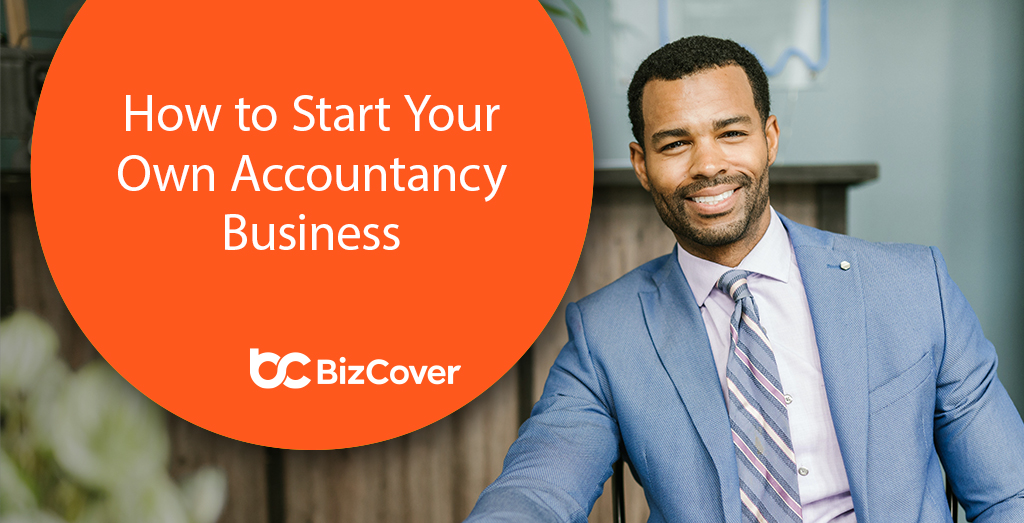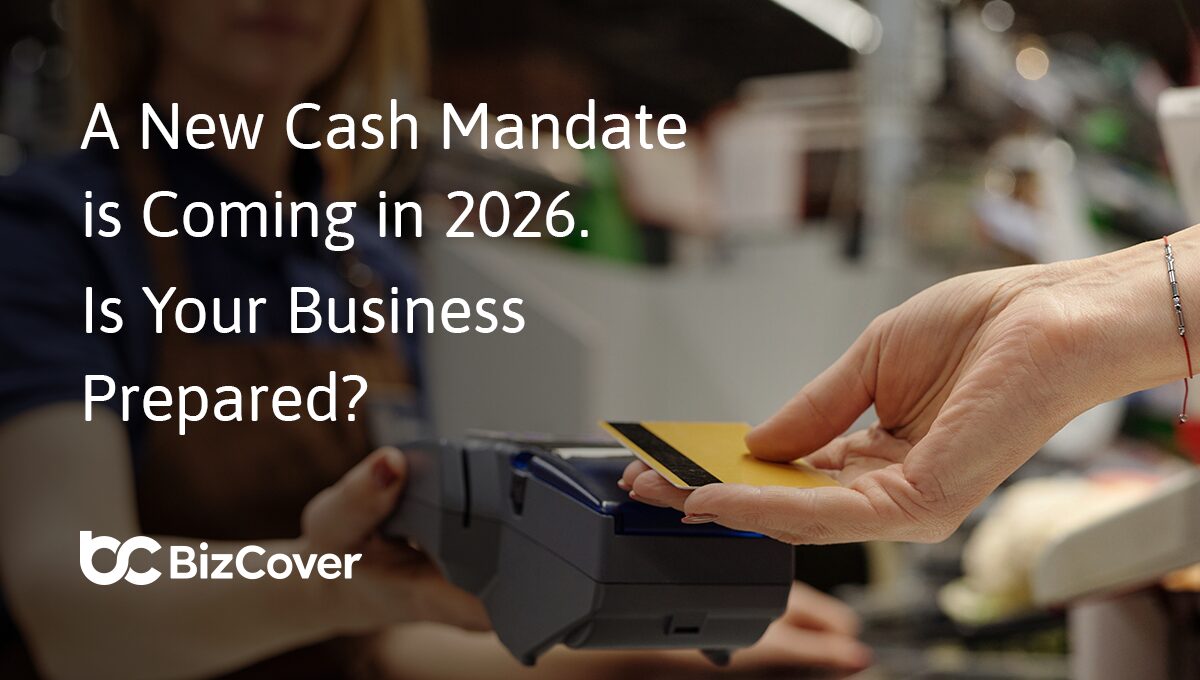How to start an accounting practice in Australia
If you have been thinking of starting up your own accountancy business, then we’ve got the guide for you. We share some tips and tricks into some of the key things you need to think about when making your business dream into a reality.
It’s no secret that starting your own business isn’t for the faint hearted, but with some proper planning and a solid understanding of what you need to succeed to start your own accountancy business you can make it happen.
First steps
One of the first steps is to apply for your Certificate of Public Practice. To be eligible for the certificate you will need to complete the Public Practice Program. The program is an educational course that can be delivered via e-learning and will cover everything you need to know about your ethical and regulatory obligations. The program is followed by a 2-day workshop which covers some business management essentials.[i]
Once you get your Certificate of Public Practice there will be ongoing obligations like keeping your Professional Indemnity insurance* current and that you partake in continuing professional development.
Your business set up- Solo or partnership?
The setup of your business is a major thing to consider when starting your own accountancy business. There are differences between the two structures, and below we look at some of the pros and cons of each.
- Companionship – whether you prefer to collaborate and share ideas or go it alone, working with someone else can make or break your business, depending on who you decide to partner with.
- Conflict – When you decide to work with a partner and there is constant conflict, this will create a whole host of problems for your business, an added stress you can deal without.
- Finances – Sharing the finances with a partner can help share the costs, potentially creating more opportunities for your business to grow.
- Using different strengths – Sharing your various skills and strengths can work in your favour. This goes beyond just your shared accounting knowledge but to things like business management, marketing and networking for example.
Buying an established practice
Instead of starting from the ground up with your own accountancy business, another option is to purchase an existing business. There may be different options as to how you purchase the business, like outright, entering into a partnership or even merging your new business into the existing business.
Some of the things you need to consider with this option include:
- The price of the business, make sure you do your math and ensure it is a wise investment
- Establishing the set up and structure of your business, are there existing employees/ new staff. Make sure that everyone’s roles and responsibilities are clearly communicated to avoid any conflict or confusion
- If you agree to go into a partnership, what are your succession plans if either of you leave?
- Think about the business agreements which may be in place like leases and financing
- The condition of the business premises and the related utilities and costs
- The current financial situation of the business- cash flow, debts, work in progress, goodwill etc.
Quality and risk
Starting your own accountancy business is a massive business and life decision to make, and not one to take lightly. The associated risks with becoming a small business owner are a reality. These are some things to consider in those early planning stages of your accountancy business.
- Going into a partnership can cause situations where differences cannot be resolved and may result in having to make some major business choices. Be sure you do your research and understand your partner well before making a commitment to this kind of structure
- From the start establish a high-level of quality when it comes to dealing with your clients. This might be setting some standards that you will personally promise to follow if running a solo business, or may be a standard you establish with your business partner and other employees
- Have a risk management plan in place. This can include things like ensuring your business is being compliant, that all required training is up to date, that your workplace is safe etc. It may extend to include continuity plans if something like a natural disaster were to strike, and how your business would manage in different challenging situations. It’s also important to include what steps you will take to prevent these kinds of risks from happening, and how you can safeguard your business with things like business insurance.
Get accountancy insurance sorted
One of the fundamental things that you need to consider when starting your own accountancy business is how are you going to protect your business, so you are around for the long haul. This is something which business insurance can provide peace of mind with, helping to insure different aspects of your business.
Working in the professional industry as an accountant, means your clients rely on your expert advice when it comes to all things books and balancing. But the reality is, no matter how diligent and careful you may be, mistakes and miscalculations can still occur^. This is where Professional Indemnity insurance* can become a vital form of cover.
Professional Indemnity (PI) insurance offers protection for businesses that provide specialist services or professional advice. It is designed to respond to claims against your business for losses as a result of actual or alleged negligent acts or omissions in the provision of your professional service or advice. PI Insurance will also assist with the legal costs associated with responding to or managing claims which are covered by the policy.
Other forms of insurance you may need to consider include:
Public Liability insurance*
This covers you if a third-party claim that your negligent business activities caused them injury or property damage. This includes defence costs cover.
Business Insurance*
Business Insurance is an insurance package designed to provide cover for your business contents, stock, tools and commercial premises when an insured event occurs (such as fire, storm, theft or even accidental damage). A Business Insurance package can also cover your portable equipment, glass and for loss of revenue due to business interruption in specified circumstances. In addition, cover is available for public liability, tax audit, employment practices and statutory liability risks.
Ready to start your own accountancy business adventure? Get your business insurance sorted by getting a quote in minutes with BizCover. We believe in keeping things drama free, so jump online or give us a call to see how you can start protecting your business today. We don’t like big fancy words and forms, just insurance made easy. Find out more about the different kinds of insurances to help protect your accountancy firm today.
* This information is a general guide only and does not take into account your objectives, financial situation or needs. As with any insurance, cover will be subject to the terms, conditions and exclusions contained in the policy wording. The information contained on this web page is general only and should not be relied upon as advice.^ The provision of the claim’s examples are for illustrative purposes only and should not be seen as an indication as to how any potential claim will be assessed or accepted. Cover for a claim will depend on the specific circumstances around the loss and would be subject to the terms and conditions of the policy concerned.
BizCover Pty Limited ABN 68 127 707 975, AFSL 501769.
This information is general only and does not take into account your objectives, financial situation or needs. It should not be relied upon as advice. As with any insurance, cover will be subject to the terms, conditions and exclusions contained in the policy wording. © 2025 BizCover Limited.





